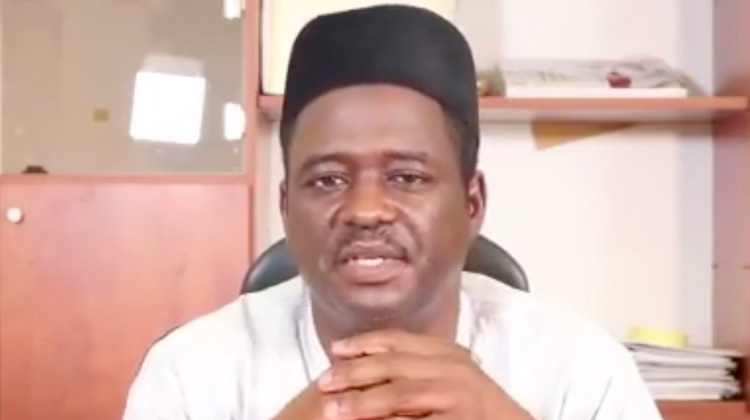The Federal Government has declared that Nigeria’s booming creative industry is ripe for investment, urging both local and foreign stakeholders to seize emerging opportunities in arts, culture, tourism, and entertainment.
Reinforcing this message, the Permanent Secretary of the Federal Ministry of Arts, Culture, Tourism, and Creative Economy, Mukhtar Mohammed, called on investors and the international community to step in, stressing that the sector is wide open for business and brimming with untapped potential.
He made this statement while speaking at a press conference to announce the commencement of the Creative Economy Week 2025, on Thursday in Abuja.
He said, “To the international community and global investors watching, the Nigerian creative industry is open for business. It is a secure, high-yield frontier for strategic investment.”
According to the Permanent Secretary, the invitation was born out of a shared conviction that creativity goes far beyond being just a cultural treasure. He stressed that Nigeria’s creative talents are not only a primary export but also a formidable global cultural force shaping perceptions and driving influence across borders, hence the collaboration with the British Council.
He explained that it is a powerful engine for economic growth, job creation, and a tool of soft power. Mukhtar stated, “For Nigeria, our creative industries, from Nollywood to our music, from our fashion to our visual arts, are a testament to the ingenuity and spirit of our people. They are a primary export and a global cultural force.”
“However, raw talent requires structure to achieve its full potential, and this is where a strategic international partnership becomes indispensable. Our collaboration with the British Council, exemplified by this Creative Economy Week, is a model of such a partnership. It is focused on tangible outcomes.
“Skills and capability building, transferring knowledge in areas like intellectual property protection, creative entrepreneurship, and digital distribution, in market access, creating a pathway for Nigerian content to reach global audiences, and for UK expertise to engage with the Nigerian market. In terms of investment, building a framework that de-risks and incentivises investment into our creative sectors from both domestic and international sources. This is not a dialogue of aid, but one of mutual benefit.”
He further praised the UK-Nigeria partnership on the creative economy, expressing that both parties bring a variety of world-class infrastructure, financing models and a massive youthful market.
“The United Kingdom brings world-class infrastructure, financing models, and global networks, while Nigeria brings unparalleled innovation, compelling content, and a massive youthful market.”
The Permanent Secretary similarly expressed that the Federal Government is building a robust ecosystem to aid creativity and profit on a global scale. “To the Nigerian creative economy, your government is building a robust ecosystem designed to help you create, protect, and profit from your work on a global scale,” he concluded.
On her part, the British Council Country Director, Donna McGowan, highlighted the significant contribution of the creative industries to the UK economy, stating that the sector contributes £124bn annually and provides 2.4 million jobs.
McGowan noted that the UK’s creative economy is world-renowned, globally recognised, and contributes to the UK’s wider self-power. She also mentioned that the UK has developed a partnership with Nigeria, the Enhanced Trade and Investment Partnership, with the creative sector being an important element of that partnership.
She said, “The creative industries contribute £124bn annually to the UK economy, and 2.4 million jobs.” The Country Director further expressed delight in the partnership between the British Council and the Ministry of Art, Culture, Tourism, and Creative Economy, which has already borne fruit since signing a Memorandum of Understanding earlier in the year.
She stated, “We are very excited about our Creative Economy Week, and the multiple activities and events, and opportunities for collaboration that it presents.” McGowan emphasised that creativity changes lives, builds futures, fosters collaboration, and provides opportunities for young people to access capacity building and growth.
According to her, the British Council’s focus is on working with young creatives, emerging artists, and supporting skills development, capacity building, and market access.















